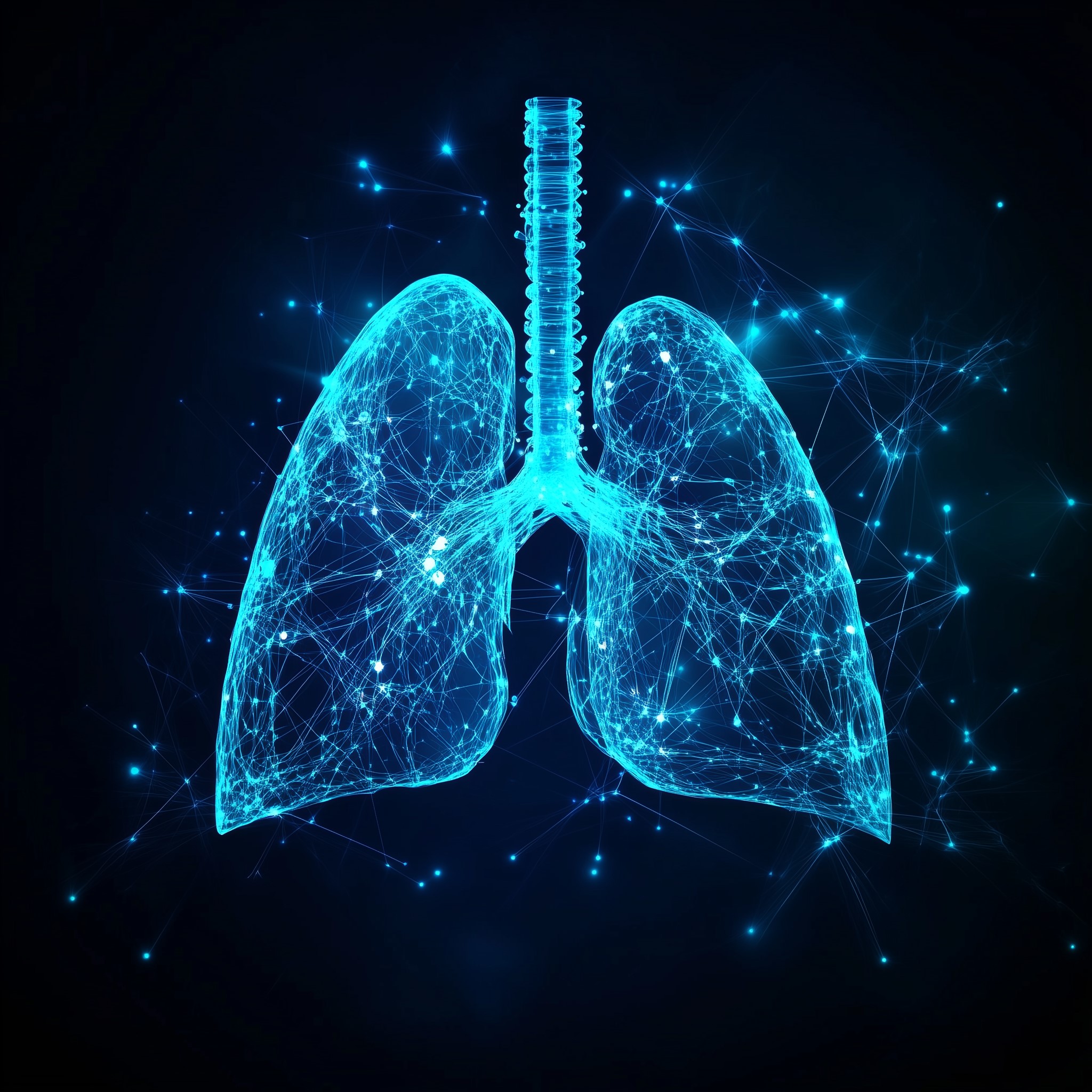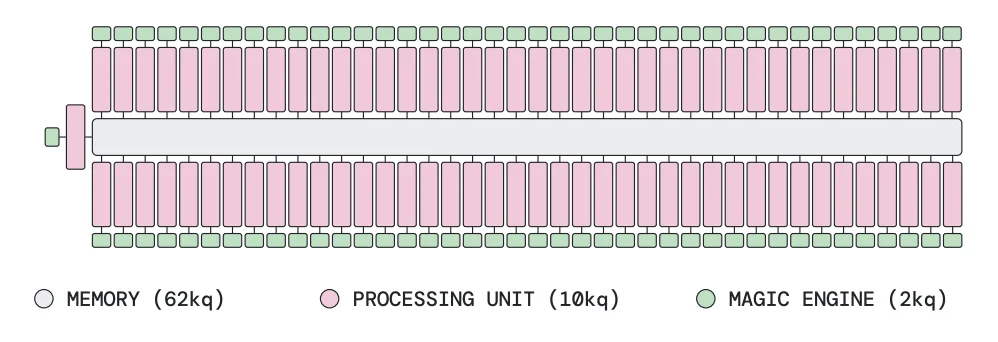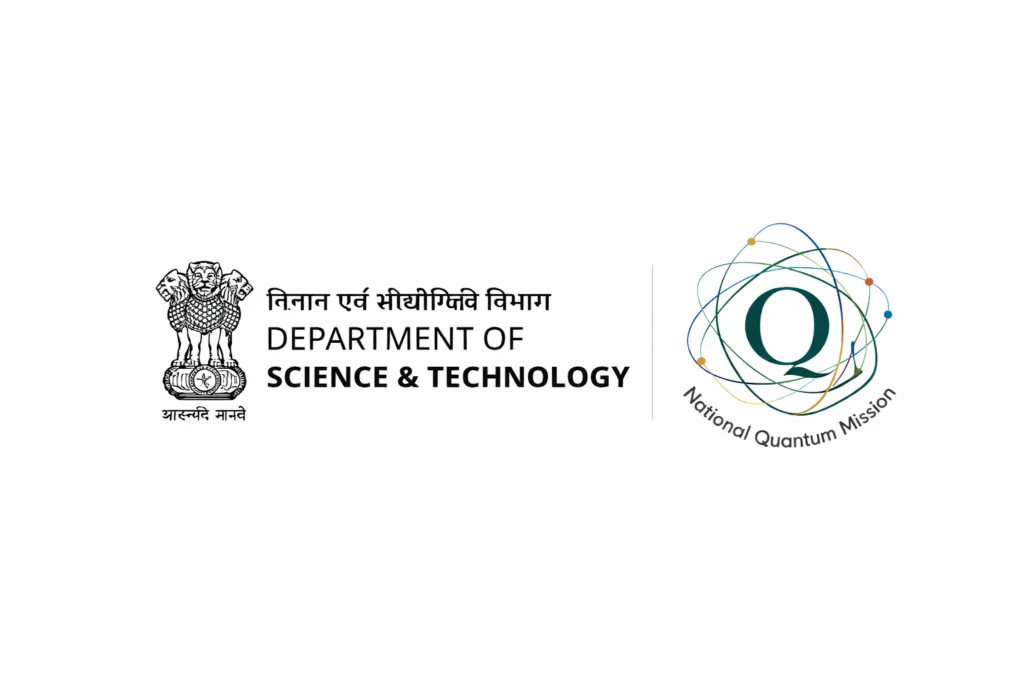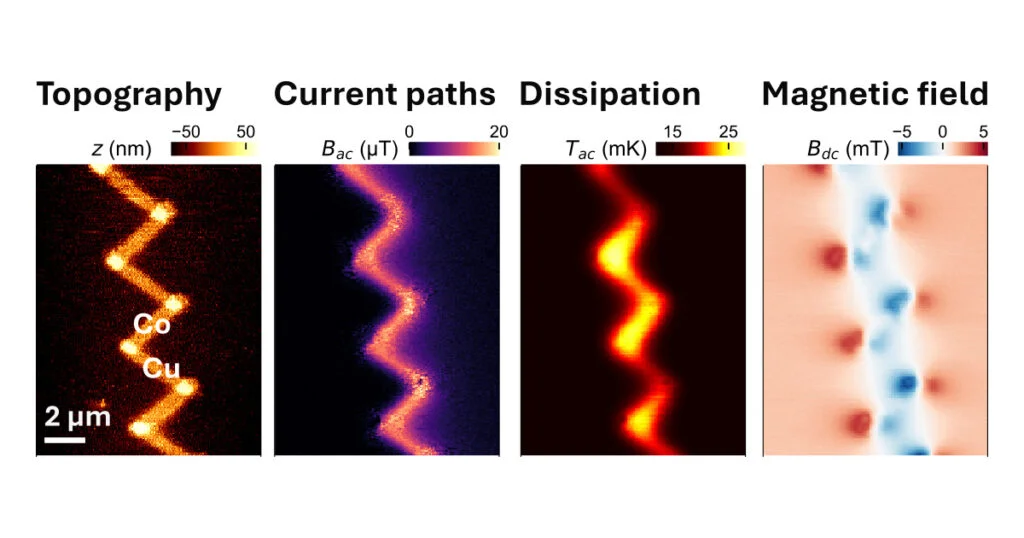Insider Brief:
- The study presented at the 2024 Asia Pacific Conference on Innovation in Technology explores how quantum machine learning models like Pegasos QSVC and Variational Quantum Classifier can improve lung cancer detection.
- Lung cancer remains difficult to detect early and is associated with high mortality rates, prompting a need for more scalable and effective detection mechanisms beyond traditional methods like CT scans and biopsies.
- Pegasos QSVC outperformed VQC in terms of accuracy, achieving 85%, due to its ability to handle high-dimensional data and resist overfitting through a regularization parameter.
- While QML shows promise, challenges such as the scalability of models and current quantum hardware limitations must be addressed, with future research focusing on expanding datasets and refining models for broader healthcare applications.
Lung cancer has previously been listed by the World Health Organization as one of the most commonly diagnosed cancers globally, as noted in a recent study. This study, presented at the 2024 Asia Pacific Conference on Innovation in Technology, explores how QML may aid in lung cancer detection. By combining two QML models—Pegasos QSVC and Variational Quantum Classifier—the authors seek to improve prediction accuracy and efficiency for this high mortality disease.
The Need for Innovation in Lung Cancer Detection
According to the study, lung cancer remains one of the most challenging cancers to detect and treat due to its late-stage diagnosis and high mortality rates. Traditional diagnostic methods, such as CT scans and biopsies, while reliable, are often costly and time-consuming, with limitations in early detection. Furthermore, lung cancer’s risk factors, such as smoking and exposure to pollutants, create a pressing need for more effective and scalable detection mechanisms.

In their study, the researchers propose a framework where quantum machine learning can provide a more efficient and accurate means of identifying lung cancer risks. Unlike conventional machine learning models, QML models may have the potential to solve complex problems with higher computational efficiency.
Quantum Models in Action
The study focuses on two QML algorithms: Pegasos QSVC and VQC, applied to a lung cancer dataset sourced from Kaggle. This dataset includes 26 health-related attributes from over 1,000 patients, labeled as low, medium, or high risk for lung cancer.
To streamline the classification process, the researchers converted the multi-class labels into a binary class problem, distinguishing between ‘high risk’ and ‘not high risk’ cases. The Pegasos QSVC algorithm, based on the support vector machine framework, was then applied to the dataset, using quantum optimization to classify lung cancer risks.
Pegasos QSVC outperformed VQC in terms of accuracy, reaching an 85% classification accuracy. The research team attributes the model’s success to its ability to handle high-dimensional data efficiently and its resistance to overfitting due to the inclusion of a regularization parameter. As noted in the study, this further speaks to the potential of QML in healthcare, especially in early cancer detection where precision is paramount.
Both models were evaluated using metrics such as accuracy, recall, precision, and F1 score. While VQC showed potential, Pegasos QSVC managed the dataset’s complexity more effectively, benefiting from its stochastic gradient descent optimization and flexible parameter tuning. Fine-tuning the regularization parameter further improved QSVC’s accuracy and resilience to noise, whereas VQC’s reliance on quantum circuits hindered its scalability and performance in comparison.
Challenges and Future Considerations
While there have been concerns across the field that in certain applications, the cost of quantum technology may outweigh the benefits of the using the technology itself, integrating quantum computing into healthcare, particularly in predictive diagnostics, may provide an advantage when considering any improvements in speed or accuracy in detection of high-mortality diseases. However, while Pegasos QSVC achieved significant success, there are still limitations to be addressed. The researchers note that the scalability of these models remains a concern, as larger datasets may create challenges due to the restraints of current quantum computing hardware capabilities. As quantum technology matures, with advancements in quantum error correction and qubit stability, these models may potentially scale to accommodate broader healthcare applications.
Path Forward: Expanding the Role of QML in Healthcare
The next steps for this research include expanding the dataset and refining the quantum models to improve their generalizability. By doing so, QML may one day become a cornerstone of smart healthcare systems, offering real-time, accurate predictions that save lives.
The authors who contributed to the study include Manushi Munshi, Rajesh Gupta, Nilesh Kumar Jadav, Sudeep Tanwar, Anuja Nair, and Deepak Garg.















